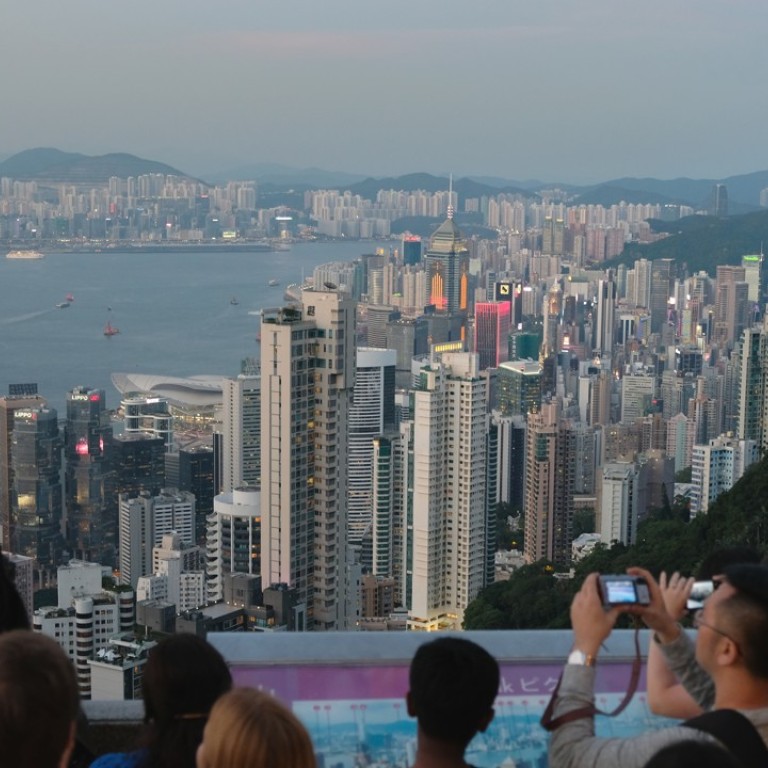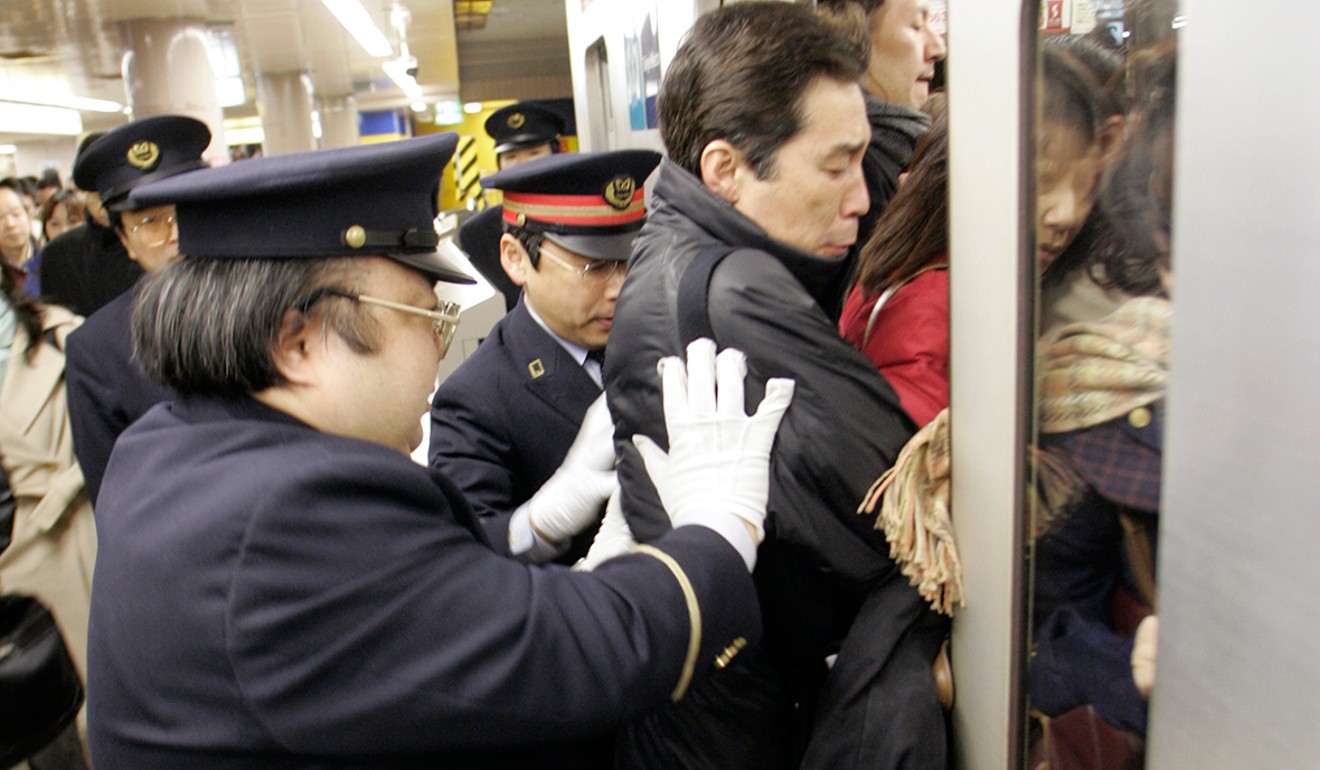
Hong Kong is the place to be – flawed surveys on ‘liveability’ have got it wrong
David Dodwell says Hong Kong surpassing Singapore in the latest liveability index may grab attention, but such surveys continue to undervalue our city, and often compare it to places where business professionals are unlikely to be sent
I know I am blatantly biased. Having long ago selected Hong Kong as the single best city in the world from which to work – based on a lot of journalistic globetrotting – my own judgment is obviously being challenged. But I really do think I have a point. Scratch behind the headline rankings and methodologies behind most of these rankings, and you find they are shot through with ignorance and cultural bias – if their reports even let you glimpse into the methodology at all.

In reality, and despite extensive bluster to disguise that reality, the tiniest methodological differences are made to imply huge differences: it is a brave person who seriously claims that Osaka (ranked 3rd) is more liveable than Singapore (ranked 37th). And after a couple of weeks earlier this year arm-wrestling my way around Tokyo’s inscrutable city rail system, I challenge anyone to argue with a straight face that it should rank in anyone’s “Top 10”.

In the culture and environment category, it irritates me that heat and humidity are “punished”, but that long freezing winters are ignored. Has anyone in the EIU ever lived through a winter in Calgary (ranked 4th) or Toronto (ranked 7th)?
Again to be fair to the EIU, they acknowledge some of the biases that emerge from their chosen methodology: “Those that score best tend to be mid-sized cities in wealthier countries. Several … also have relatively low population density.” Five of the top 10 liveable cities have populations below 2 million. Only Tokyo, with 8.3 million, has serious heft.
A further conundrum for me is that, even though this ranking is openly focused on the desires of the average expatriate flung across the globe, it takes absolutely no account of where most of these expatriates are actually being flung.
Rather than tantalise us with the idea of balmy lives in lovely quiet backwater cities, surely someone at the EIU ought to be noting that a huge proportion of international companies are in reality only choosing between a handful of “cities that count”, and devoting time to comparing liveability between this handful.
Apply this filter, and I wonder how many of the EIU’s Top 10 Liveable Cities would even be on the list?
David Dodwell researches and writes about global, regional and Hong Kong challenges from a Hong Kong point of view

